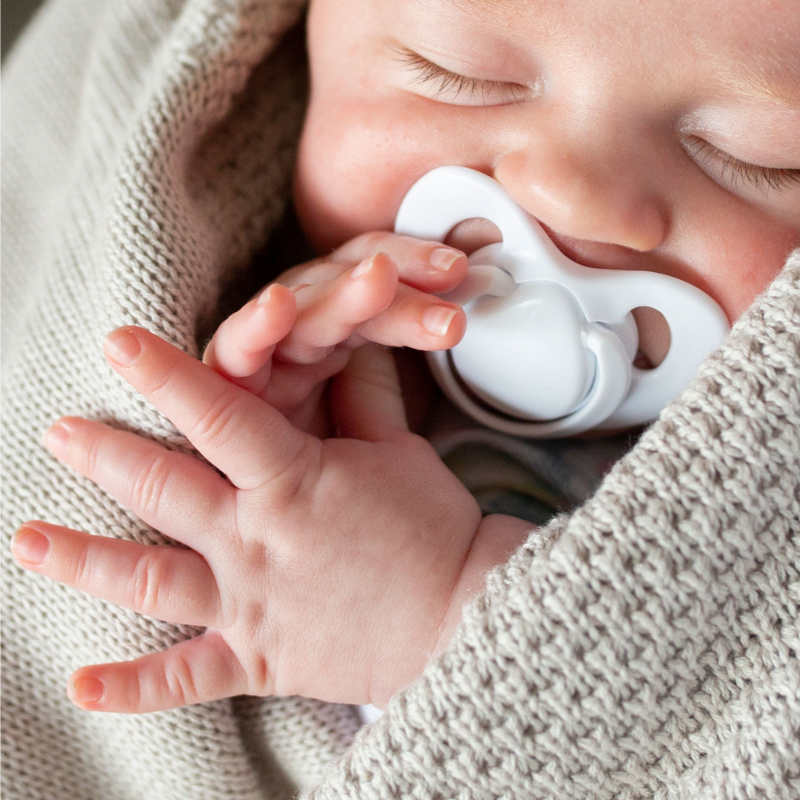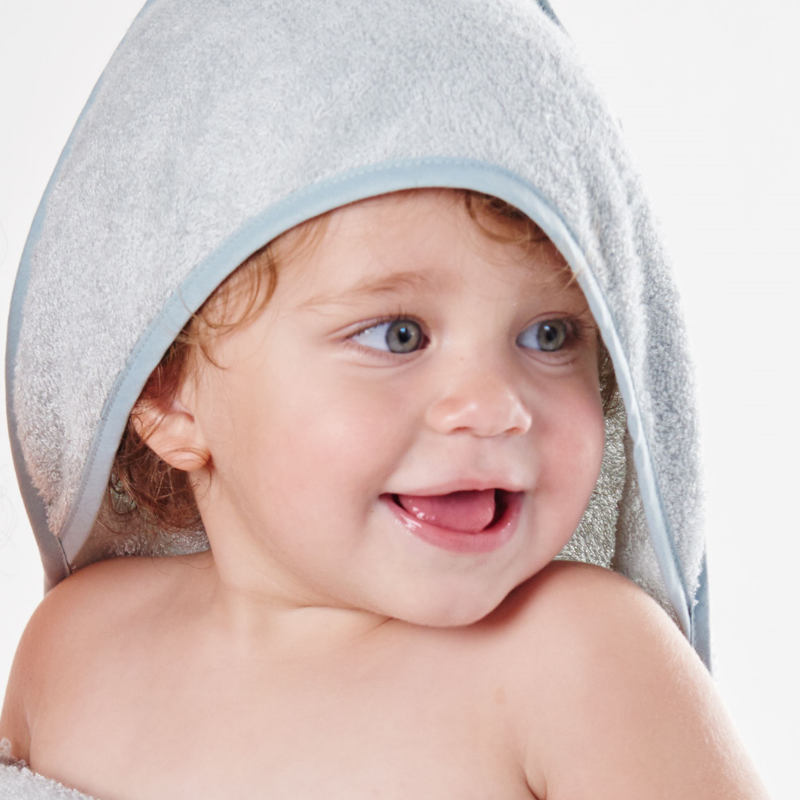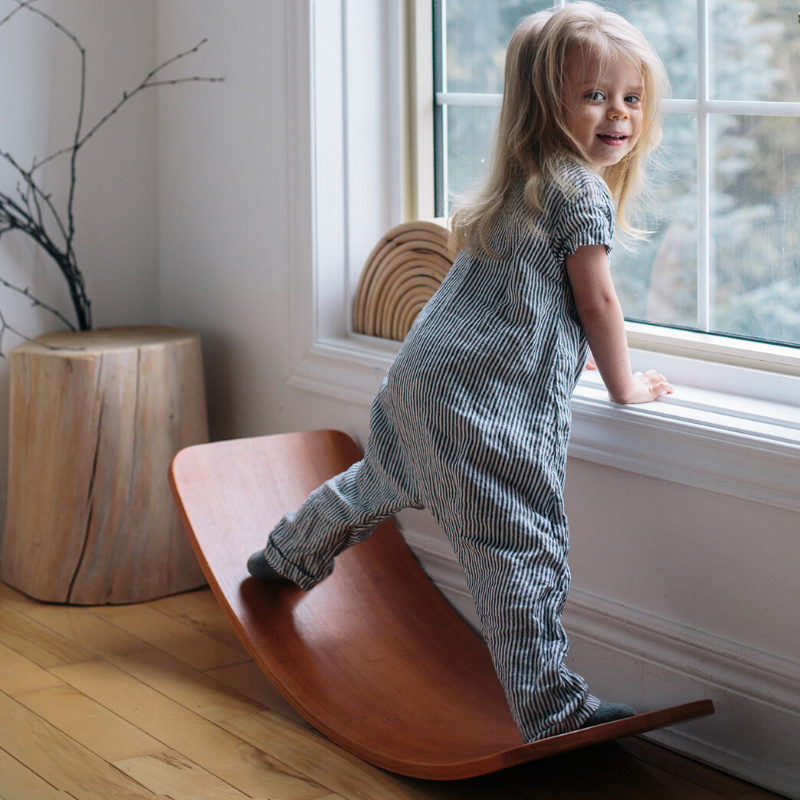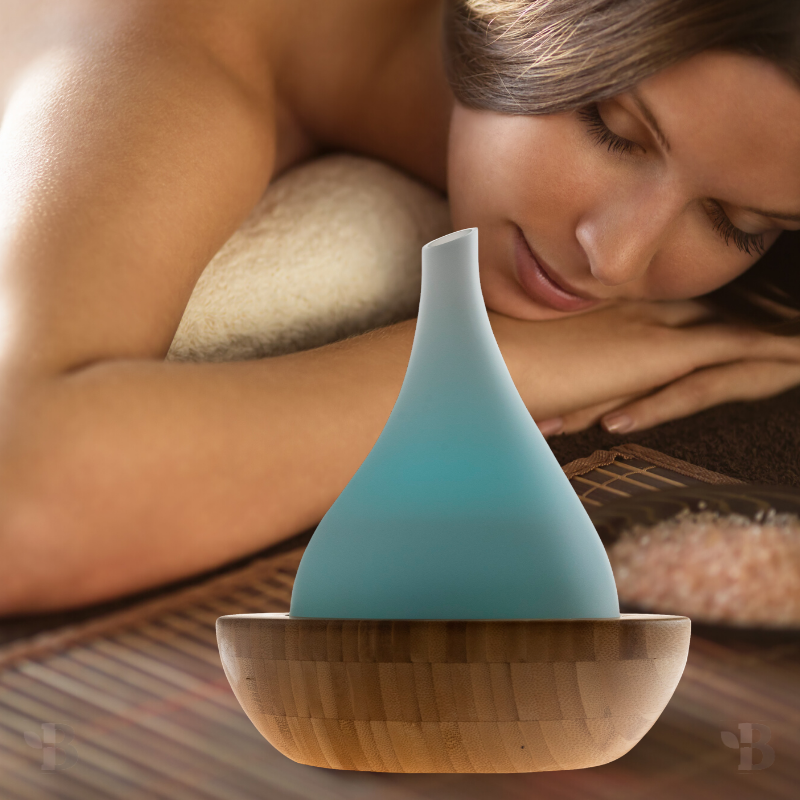Why Bamboo?
Find out why Bamboo is the best choice for your family.
Performance Benefits of Bamboo
 Super Soft
Super Soft
Bamboo fabrics have a similar feel to that of a mixture of cashmere, cotton, and silk. They feel absolutely wonderful to the touch, and they’re ideal for delicate or sensitive skin. Whether you opt for blankets, towels, socks, or swaddles, bamboo always feels just right.
 Hypoallergenic
Hypoallergenic
Baby’s skin is sensitive, and bamboo fabrics are naturally hypoallergenic with minimal chemical processing. This allows bamboo fabrics to be worn with ease, while parents can have peace of mind knowing that they’re doing what’s best for their little ones. Not just for babies and kids, bamboo fabric is a top choice for adults with skin sensitivities as well.
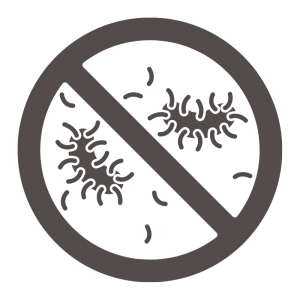 Antibacterial
Antibacterial
Bamboo plants contain antibacterial substances to protect the plant from bacteria and fungus that it may attract while growing in the wild. That property translates to bamboo products and fabrics, allowing them to retain a certain antibacterial benefit. For baby’s growing immune system, the antibacterial properties of bamboo are particularly beneficial.
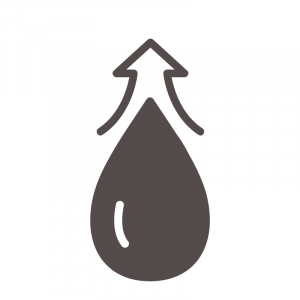 Moisture-Wicking
Moisture-Wicking
Be they in the form of towels, sheets, and blankets, and clothing, bamboo fabrics are moisture-wicking. This means that you’re able to stay comfortable and dry while wearing or using bamboo fabrics, and they are less likely to be damaged by retained moisture throughout the day. When it comes to clothes and socks, bamboo makes an excellent all-weather choice.
 Thermo-Regulating
Thermo-Regulating
Bamboo stays an average of 2 to 3 degrees cooler in warm temperatures and an average of 2 to 3 degrees warmer in cool temperatures. The soft fabric retains heat when heat is needed, but it also wicks away moisture and allows for airflow when the body begins to warm up.
 Odour-Resistant
Odour-Resistant
Not only do bamboo fabrics look and feel fresh, but they smell fresh, too. Bamboo fabrics are naturally odour-resistant. Odours are caused by moisture and bacteria, and the moisture-wicking and antibacterial properties of natural bamboo allow you to make sure that your fabrics don’t have the proper environment for unpleasant smells to thrive.
 Strong And Durable
Strong And Durable
Bamboo has the nickname “green steel”, and that’s not for no reason. Bamboo is one of the strongest natural woods, and this strength translates well when bamboo is used to create fabrics or other products. For little ones, this allows their bamboo items to be part of all their daily adventures.
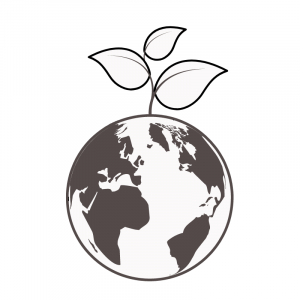 Eco-Friendly
Eco-Friendly
Bamboo products require no deforestation and no harvesting of plants that take mass amounts of water or decades of growth to properly develop. This fast-growing tropical grass can grow a massive 90cm in a single day, sprout their own new shoots often, and can grow naturally without wasting other important natural resources.
 UV Protection
UV Protection
There’s no such thing as too much sun protection, especially with what we’ve learned in recent years about how damaging UV rays can be. Bamboo fabrics boast a natural level of UV protection, and they can block more than 90% of the sun’s UVA and UVB rays. Along with sun lotion, bamboo can be a comfortable line of defense.
Environmental Benefits of Bamboo
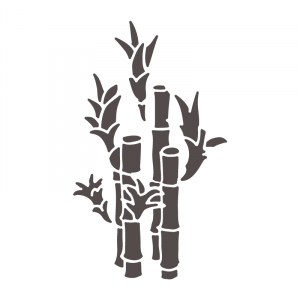 Organically Grown
Organically Grown
Bamboo can be grown organically, which means there is no need for harmful pesticides or additional chemicals in order to promote healthy growth and harvesting. This allows mums to be sure that potentially harmful synthetic chemicals aren’t going to be touching their baby’s delicate skin or introduced into the environment.
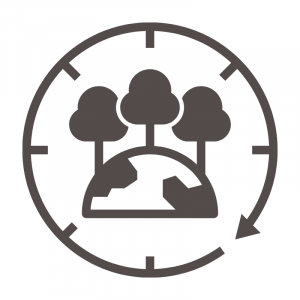 Renewable
Renewable
Unlike other types of trees that can take decades to reach full maturity, bamboo is completely renewable. Bamboo can be planted and grown quickly and easily, with new shoots coming naturally throughout the year to each plant. A single bamboo plant can grow 4 to 6 new shoots in a single year of life.
 Helps Fight Climate Change
Helps Fight Climate Change
Bamboo absorbs two times more carbon dioxide than trees and generates a vast amount of oxygen, 30% more than other trees. This makes bamboo a valuable partner in fighting climate change. Choosing bamboo fabrics, toys, and décor allows parents to rest assured they’re doing their part to keep the planet’s climate in check.
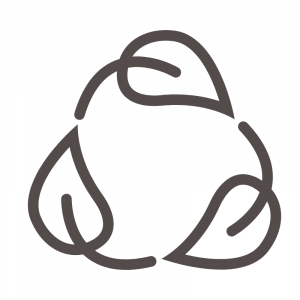 Biodegradable
Biodegradable
Rather than spending decades or more sitting in landfills or being burned, bamboo products are completely biodegradable. This means that they break down and are reintroduced into the environment when they’re no longer needed for use. They won’t contribute to the planet’s long-standing littering and landfill problem after their disposal, either.
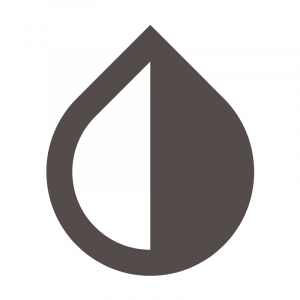 Uses Less Water
Uses Less Water
One major issue with cotton growth and creating cotton fabrics is the amount of water cotton requires to grow. Water is a precious natural resource not afforded to many in the world, and wasting it through contamination is a major problem around the globe. Bamboo uses less water and therefore leaves more clean water to go around.
 Greater Yield
Greater Yield
Bamboo grows quickly to great heights, and it produces new shoots all the time. This allows it to have a greater yield than other fabrics or wood, which means more products can be made using bamboo without a heavy environmental impact or natural destruction. Bamboo yields the same volume as cotton from 10% of the land area.
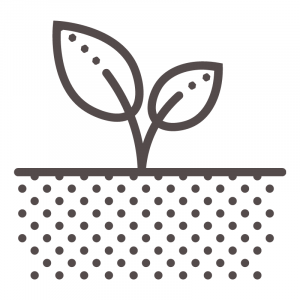 Soil Sustainability
Soil Sustainability
Many natural plants degrade the soil or suck out its nutrients, leaving the soil unhealthy in its wake. Natural bamboo is soil sustainable, which means it leaves the soil it grows in and around with its natural nutrients so it can be used to grow additional plants or support natural wildlife.
